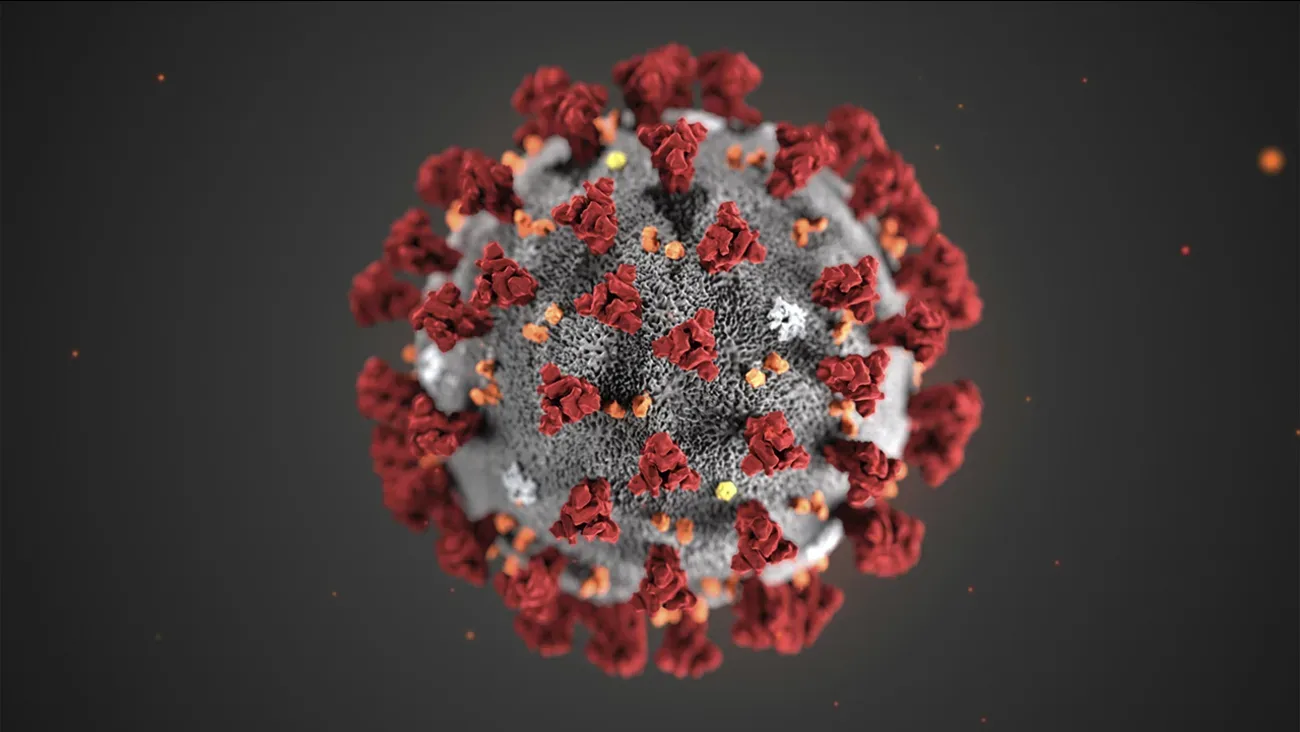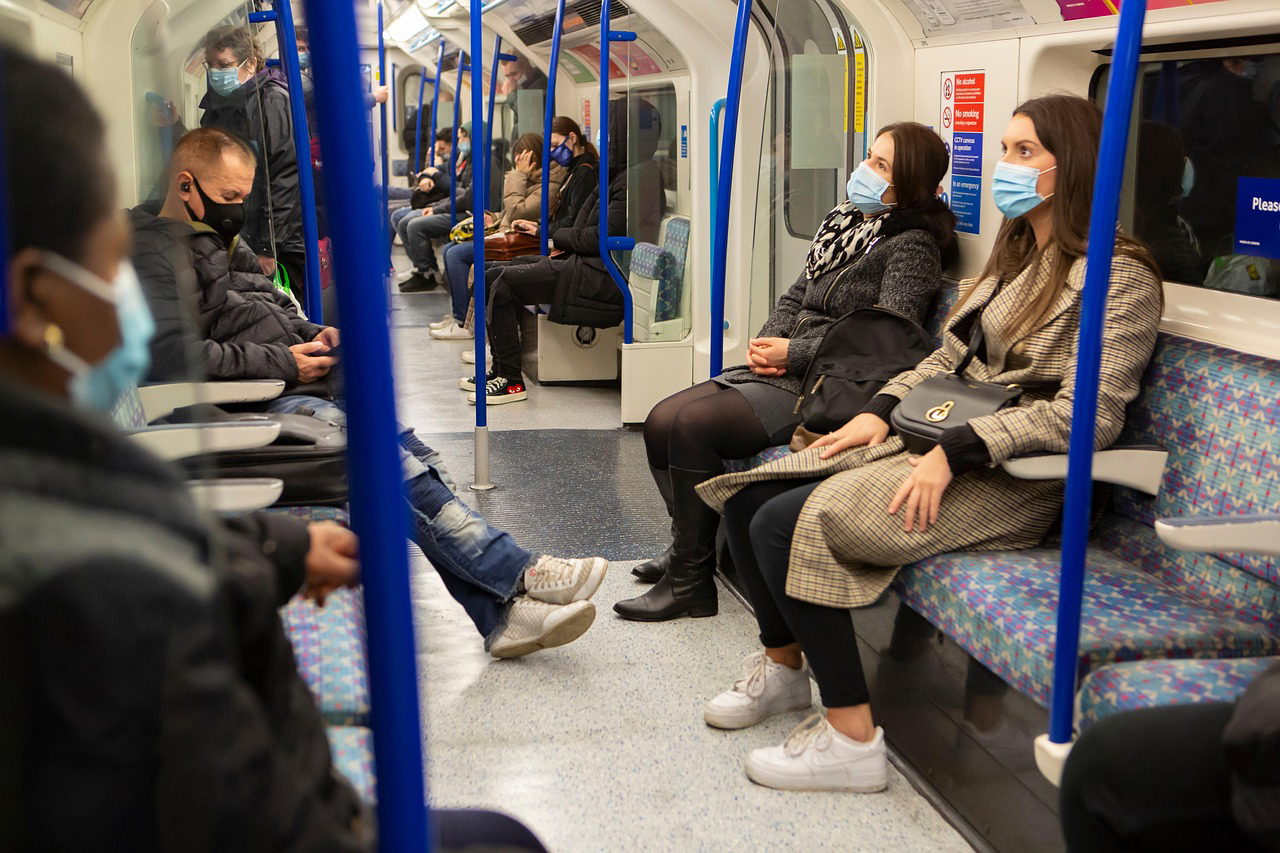Novel coronavirus
Since December 2019 an ongoing outbreak of pneumonia associated with a novel Coronavirus, called 2019-nCoV, was reported in Wuhan city (China) and interhuman transmission has been demonstrated.
In this scenario, it is important not to panic and to take simple behavioral measures!
Additional cases of 2019-nCoV infection have been identified in a growing number of other international locations, including Rome and on January the 30th, the Italian authorities ordered the suspension of air traffic between Italy and People’s Republic of China, including Hong Kong, Macao and Taiwan.
The Italian Ministry of Health collaborates continuously with the World Health Organization (WHO) to manage this emergency, creating a solid health network between general practitioners, infectious disease specialists and organizations such as Italian Red Cross.

Via The Sun (www.thesun.co.uk/)
Here are the answers to many of the questions you might have about this outbreak:
-
What is a Coronavirus?
Coronaviruses can cause multiple system infections in various animals and mainly respiratory tract infections in humans, ranging from the common cold to more severe diseases such as Middle East Respiratory Syndrome (MERS) and Severe Acute Respiratory Syndrome (SARS).
Recently the new coronavirus 2019-nCoV has been successfully isolated by virologists from the National Institute for Infectious Diseases “Lazzaro Spallanzani” of Rome, sequencing its genome. Having isolated the virus means being able to “cultivate” it and study it to understand how the virus causes damage and replicates.
-
What are the symptoms of 2019-nCoV infection?
Reported cases of infection have ranged from people with little to no symptoms to people being severely ill and dying.
The virus affects the airways causing symptoms such as
- Fever
- Cough
- Shortness of breath.
Symptoms seem to appear in as few as 2 days or as long as 14 after exposure.
-
How is 2019-nCoV transmitted?
Current knowledge about 2019-nCoV transmission is largely based on what is known about similar viruses (MERS and SARS viruses).
Even though this virus probably emerged from an animal source, its transmission is now demonstrated to be interhuman, among close contacts (about 6 feet), through an infected person’s coughing and sneezing (respiratory droplets).
The greatest contagiousness appears to occur in the symptomatic stages of infection, but since 2019-nCov has been spreading, there are strong evidences supporting the possibility of trasmission from asymptomatic patients.
-
How can I help protect myself?
- Wash your hands often with soap and water for at least 20 seconds. If soap is not available, use disinfectant gel containing at least 60% alcohol.
- Avoid close contact with people who are sick.
- Avoid touching your eyes, nose, and mouth with unwashed hands.
- Avoid raw or undercooked food.
- Unfortunately, there is no vaccine against 2019-nCoV
-
What should I do if I’m sick?
- First of all: don’t panic! Fever and cough are common and non-specific symptoms, caused by many different viruses and pathogens such as Influenza Virus, Parainfluenza, Rhinovirus and others, which are very common during this season.
- Stay at home.
- Always cover your sneeze and cough with the with a flexed elbow or a tissue and then throw it away.
- Clean and disinfect dishes, glasses and surfaces.
- If in the previous two weeks, you have travelled through at risk areas of China and now you have respiratory symptoms (fever, cough, sore throat, breathing difficulties) as a precaution you must:
- Call the toll-free number 1500 (Italian Ministry of Health).
- Cover your nose and mouth wearing a surgical mask.
- Use disposable tissues and wash your hands frequently.
https://www.facebook.com/WHO/videos/122364482361034/
[su_divider top=”no” divider_color=”#f97575″ size=”1″]Ask for an advice from an expert. Insert your data, you will be contacted shortly!
[wpforms id=”14577″ title=”false” description=”false”]



